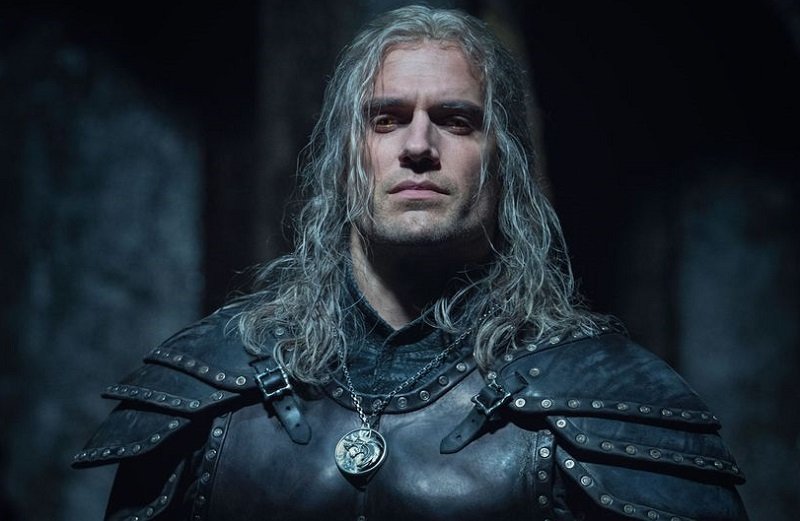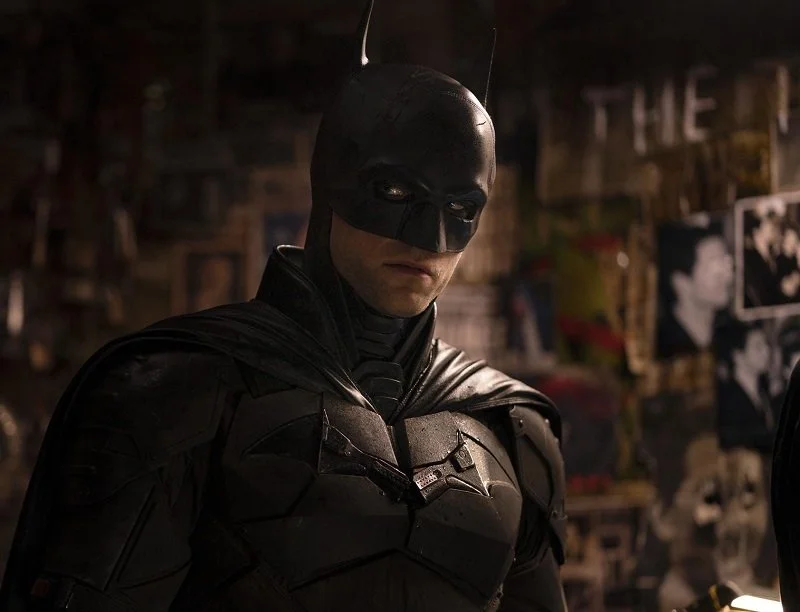Why The Witcher Has Been Better Than Wheel of Time, So Far
The Witcher, Season Two. Image courtesy of Netflix.
The second season of Netflix’s The Witcher and the first season of Amazon’s Wheel of Time dropped at around the same time last year, pitting two major, multi-million dollar fantasy franchises directly against one another in the Streaming Wars. And I think most people would agree that The Witcher was the better of the two.
Now, I realize that based on the reporting The Witcher’s second season probably had a bigger (perhaps substantially so) production budget than Wheel of Time, and it’s also a second season so it had some time to find its legs. Not everyone loved the first season of The Witcher, but I thought it was very good at accomplishing its central task: building a complex, engrossing fantasy world and immersing the viewer in it. Which is something that Wheel of Time kind of failed at.
I know that the Wheel of Time’s production was disrupted by numerous things, including a major cast member exiting the show unexpectedly and COVID-19 shutdowns. But, as I mentioned in my review of the first season, over and above those things Wheel of Time really struggled for two reasons. It didn’t do a good job of world-building, and the story was too spread out over too many characters, depriving us of a central focal point through which we could learn about the world of Randland.
Robert Jordan created one of the most fully imagined, immersive fantasy worlds of all time. It has complex cultures, histories and a hard magic system which need lots of time to be fully explained. The Witcher faced similar obstacles in its first season, and I thought the vignette approach and the long time period covered, was actually a very clever way of familiarizing the audience with that world, using Geralt as the focal point through which to anchor our perspective.
Because Geralt doesn’t really age, he can jump around in time, so the viewer can learn from his experience about how the status of the elves has changed over time, or about how the magic in this world works, or what the heck Nilfgard is. In the first season, he was our window into that world. And because Henry Cavill is such a great actor, he had no problem carrying the part even without a lot of words, exposition or scenery chewing.
In the Witcher’s second season, they expanded that world even further, introducing new locations like the Witcher hideout of Kaer Morhen. And what they did very well was make these locations feel real, give them depth and texture. It didn’t feel like Kaer Morhen was just the great hall where they had their meals. The characters and the camera took us out into the grounds around the Keep, there was a kind of spatial awareness to it all.
The same thing for scenes set in Cintra. These were often small touches, like when Geralt was walking around outside the city, you could see the castle and the city walls in the background. You saw it from different vantage points. It felt more fleshed out, like it was a real place. There’s a scene where the camera swoops into the mage academy of Aretuza and travels around the halls, again giving us a sense of scale and depth. There was really very little of that in The Wheel of Time.
When they were in Tar Valon, for instance, it felt and looked like a set, like there wasn’t much of a world outside of these immaculately lit halls. I understand some of this is because of budgetary constraints. But there were simple and low-cost ways in which they could have visually expanded the look and feel of the world in Wheel of Time. Why didn’t they show us the Warders practice yard, as just one example. A little bit more thought and attention, I feel, could have been put into that aspect of the show. We know it’s possible, because we saw a lot of examples in The Witcher of how to do fantasy world-building well.
The other thing is that there was no main character in the Wheel of Time, and they went to great lengths to disguise Rand’s identity, which I think was very much the wrong choice. The Witcher has three main characters, but really Geralt is the anchor. And you do learn a lot about this fantasy world from him. We were deprived of that same mechanism in the Wheel of Time. There was too much story spread out over too many characters, so there wasn’t really any space for the show to do the world-building that it needed to do in the first season.
The characters for the most part also felt like they were stuck in an angst-ridden CW teen drama, and there were a lot of other issues with the way it was adapted. I think the showrunner and the writers were so focused on differentiating it from other sword and sorcery epics like Game of Thrones and Lord of the Rings that in the end they just really failed to make a good, thoughtful, carefully considered version of the Wheel of Time we all know and love.






